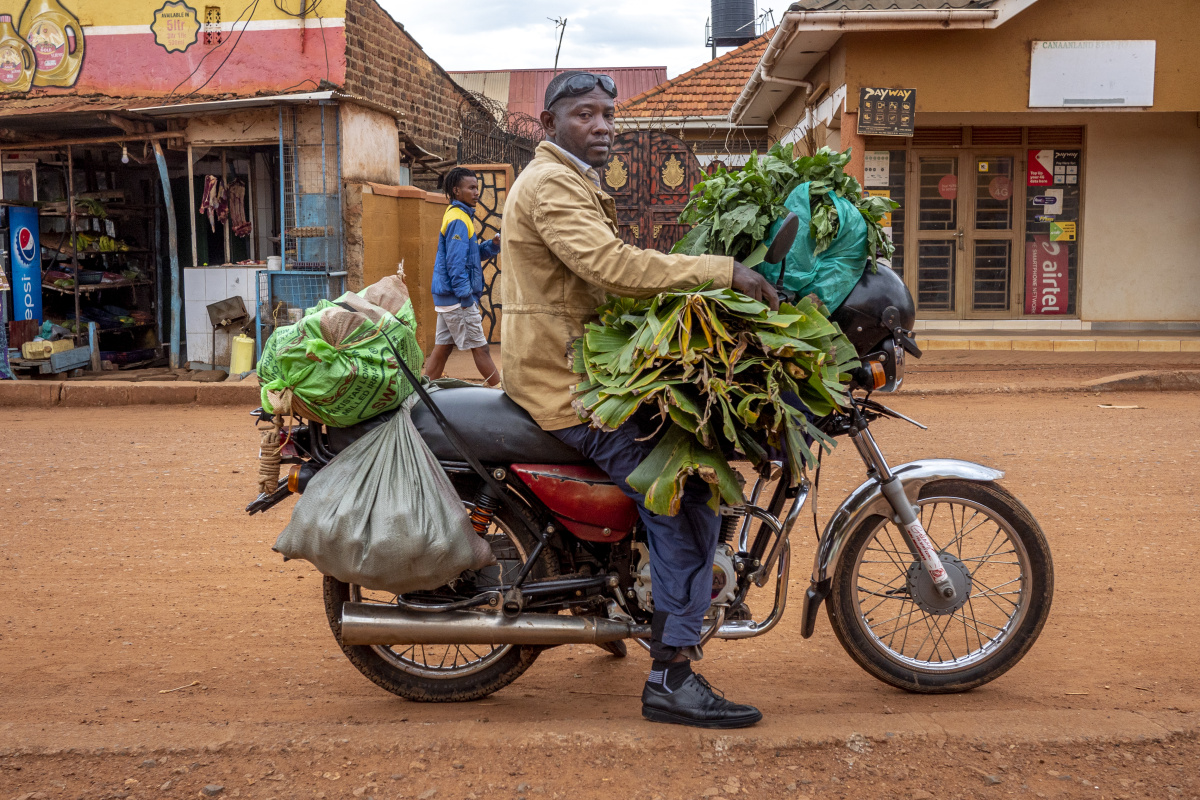
In 2022, IDLO continued to work at local, national and international levels to strengthen the rule of law in order to contribute to food security and nutrition for all. In partnership with the Food and Agriculture Organization of the United Nations (FAO), IDLO is working to enhance legal protections for food security and nutrition for vulnerable groups, especially women and girls. This benefitted from a global assessment reviewing legislative and regulatory measures from over 40 countries and the European Union. It was instrumental in raising the awareness of policymakers and other global and national-level stakeholders of the importance of crisis management to ensure the right to food.
IDLO conducted in-country legal assessments in two pilot countries, Honduras and Uganda, engaging with key national stakeholders, organizing focus group discussions with refugees, migrants, youth and women working in food markets and conducting an extensive desk review of adopted legislation. The results fed into legal reports that were reviewed by 162 stakeholders at national consultations (two in each country). These assessments informed two different national guidance notes, providing recommendations on how to guarantee food security in times of emergency. The findings constituted the building blocks of awareness-raising tools for national decision-makers and stakeholders.
In Honduras, the recommendations for legislative reforms and the adoption of new regulations were presented to the country’s Ministry of Agriculture, the Vice-Minister of Foreign Affairs and other high-level delegates from different ministries and institutional bodies. And in Uganda, IDLO recommendations resulted in the Government enacting legal reforms in the areas of legal aid and social protection.
IDLO also conducted a capacity needs assessment in Uganda involving 13 institutions to strengthen national capacity to monitor the right to adequate food, based on the methodology developed by FAO in its “Methods to Monitor the Human Right to Adequate Food – Volume II”.

